tCI - Independent assurance for public consultations and engagement
Defining engagement and consultation standards, and strengthening decisions
The Consultation Institute collaborate with public bodies and infrastructure promoters on important decisions that shape services and communities. Our clients include councils, government, NHS organisations, transportation authorities, and fire and rescue services. We offer independent quality assurance, certified learning, and practical advisory support to ensure that consultation and engagement are fair, lawful, and able to withstand political, public, and legal scrutiny.
What We Provide
tCI supports organisations in creating and managing consultations and broader engagement activities that follow the Gunning principles and established best practices. Our assurance, learning, and guidance services collaborate closely to ensure every exercise is fair, lawful, and robust enough to stand up to public, political, and legal review.

Assurance
Independent assurance and organised reviews to help ensure that your consultation and engagement plans, materials, and analyses are thorough and stand up to any challenge.
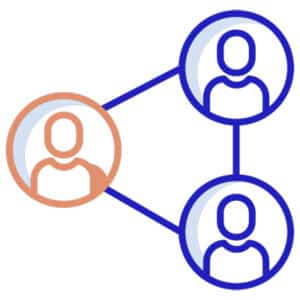
Learning
Practical training and professional certification that will equip your teams with the skills and confidence they need to provide fair, lawful, and defensible consultation and engagement.

Guidance
Supportive guidance and helpful feedback to help you plan, test, and deliver complex changes, whilst ensuring your approach is balanced, practical, and clearly communicated.
Why tCI
Building on over twenty years of expertise in consultation standards, tCI now channels that rich experience into providing independent assurance, professional development, and practical guidance. We’re here to support both public and private organisations navigating complex consultation and engagement processes.
Independent assurance that stands up to challenge:
Quality Assurance, QA Lite, and embedded assurance offer you a trusted, independent review at important stages in the consultation and engagement process. We carefully test plans, materials, and analysis to ensure they meet duties, case law, and our high standards. Then, we provide clear Statements of Assurance that boards, scrutiny bodies, and members can confidently depend on.
Professional learning and certification:
ACE Fast Track, the Professional Certificate in Consultation and Engagement and other structured programmes use a blend of self paced e learning and live cohorts to build recognised capability in consultation and engagement roles at scale. Learning is practical, mapped to our standards and QA expectations, and designed so practitioners use it immediately in live work.
Advisory and critical friend support:
Our advisory services are here to warmly support leaders and project teams through any challenging or sensitive changes they face. We provide a variety of helpful tools, such as engaging scoping workshops, clear decision-making routes, thorough document reviews, and informative briefings for boards or scrutiny. Think of us as a trusted partner who guides you in engaging and consulting effectively, not just on communication but on fostering meaningful involvement every step of the way.
Standards and tools behind every product:
All our services are built on the solid foundation of the tCI charter, Gunning aligned standards, and an ever-expanding collection of guides, templates, and checklists. This same reliable framework guides our assurance, certified training, and advisory services, ensuring that clients experience a consistent and supportive journey from the initial scoping call all the way to the final decision.
How we can help with your next consultation or engagement

Quality Assurance in Public Consultations
We provide independent assurance for high-risk consultations and contentious engagements. Our team reviews plans, materials, and analysis at important checkpoints, offering Statements of Assurance that boards, scrutiny bodies, and decision-makers can trust. We aim to support you with confidence and clarity throughout the process.

QA-Lite
We provide a more efficient assurance process for contentious engagements that are not consultations. By applying the same high standards in a more targeted way, we help teams easily spot and manage risks without requiring a full QA engagement.

Professional Certificate in Consultation and Engagement
ACE Fast Track, the Professional Certificate in Consultation and Engagement, and other blended programmes are designed to foster recognised skills in consultation and engagement roles. They combine self-paced e-learning with live cohort sessions, making it easier for entire teams to work together and reach the same high standards.

Advisory and Critical Friend Support
We provide targeted support for leaders and project teams navigating complex or contentious change. Our team helps design clear paths to decision-making, tests various options and materials, and prepares boards and scrutiny processes, ensuring everyone is well-informed and confident in the engagement and consultation approach.
Organisations we have supported
We provide assurance, learning and advisory support to public bodies across health, local government, transport, fire and rescue and major infrastructure.


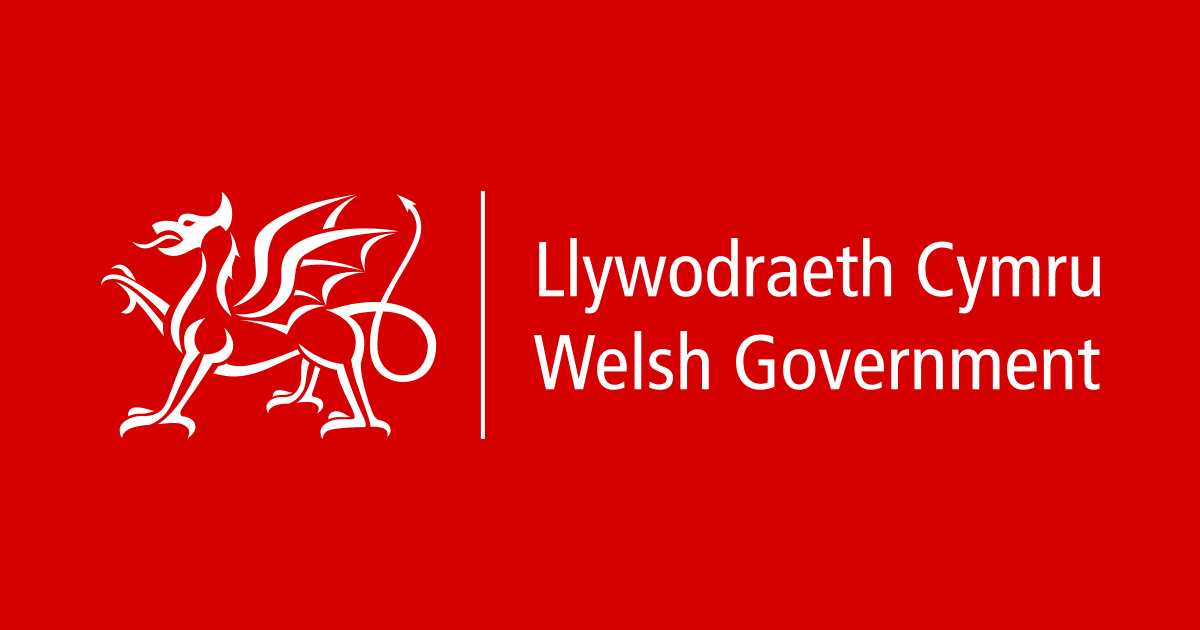
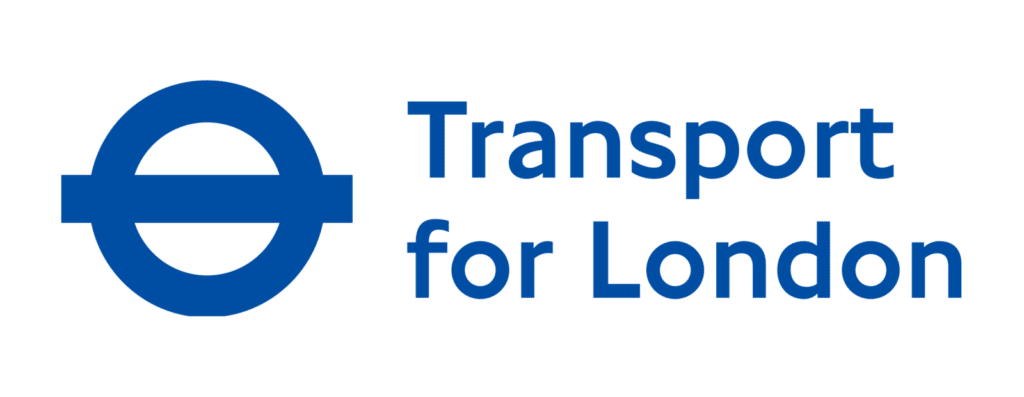
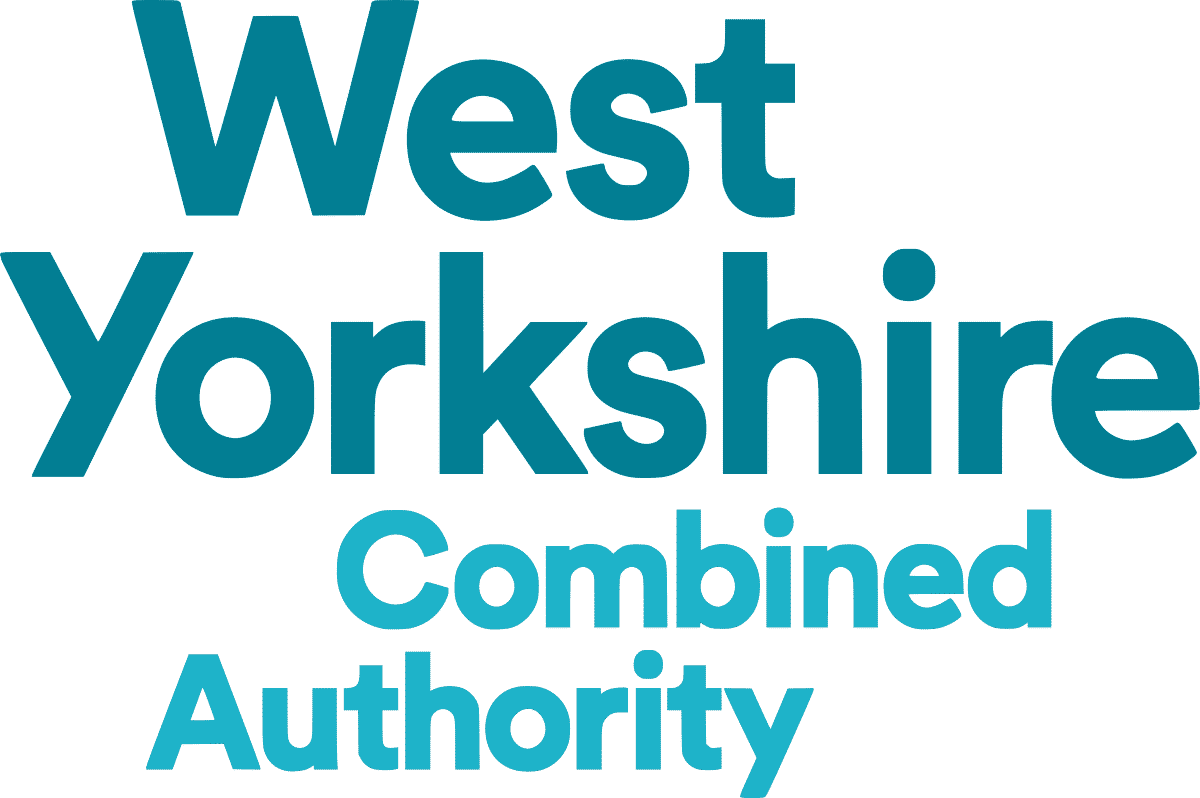

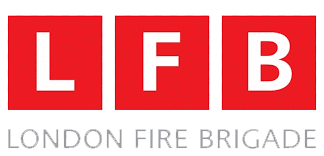


Insights for consultation and engagement leads
Analysis of live cases, standards and good practice for councils, NHS bodies, transport and fire and rescue services, and major projects.